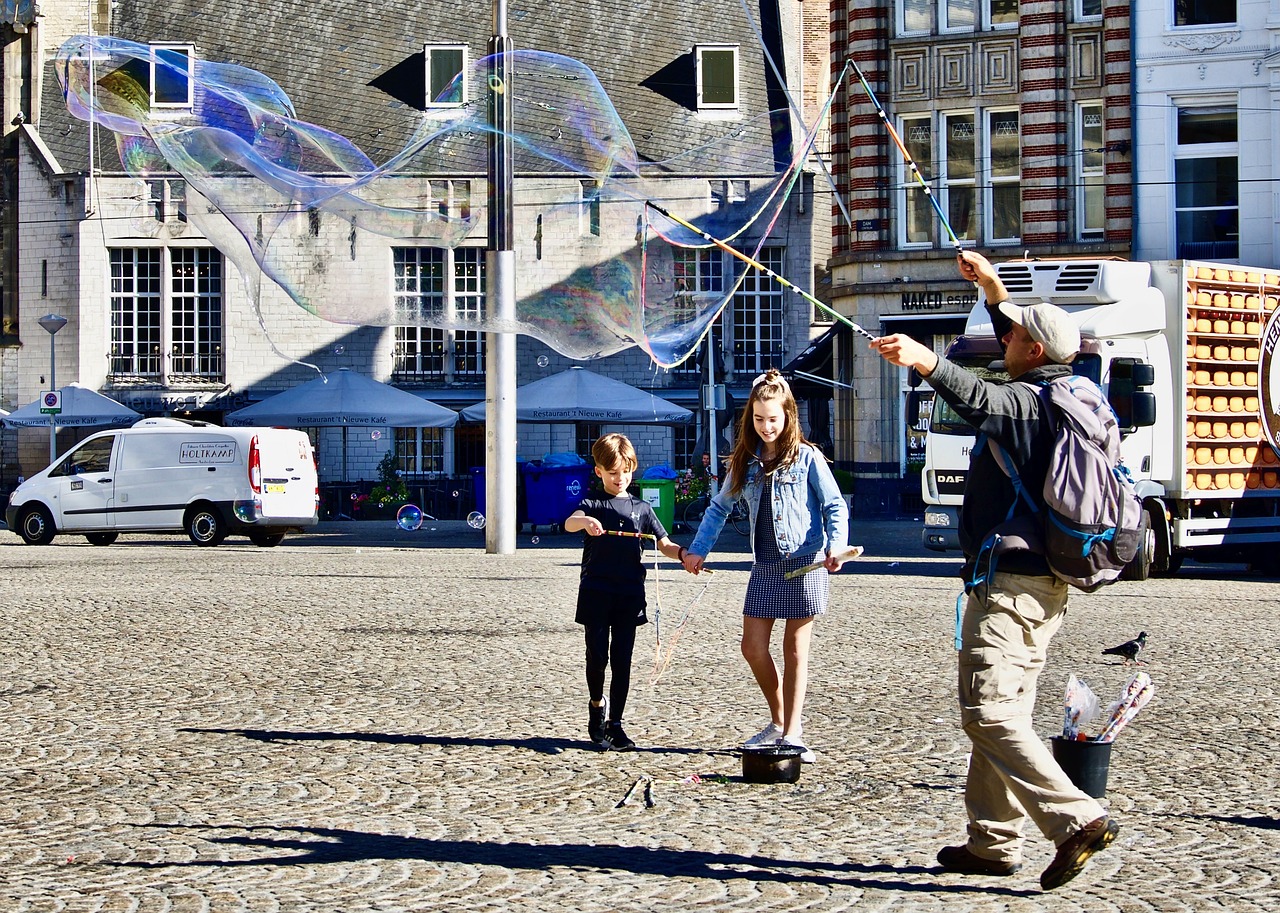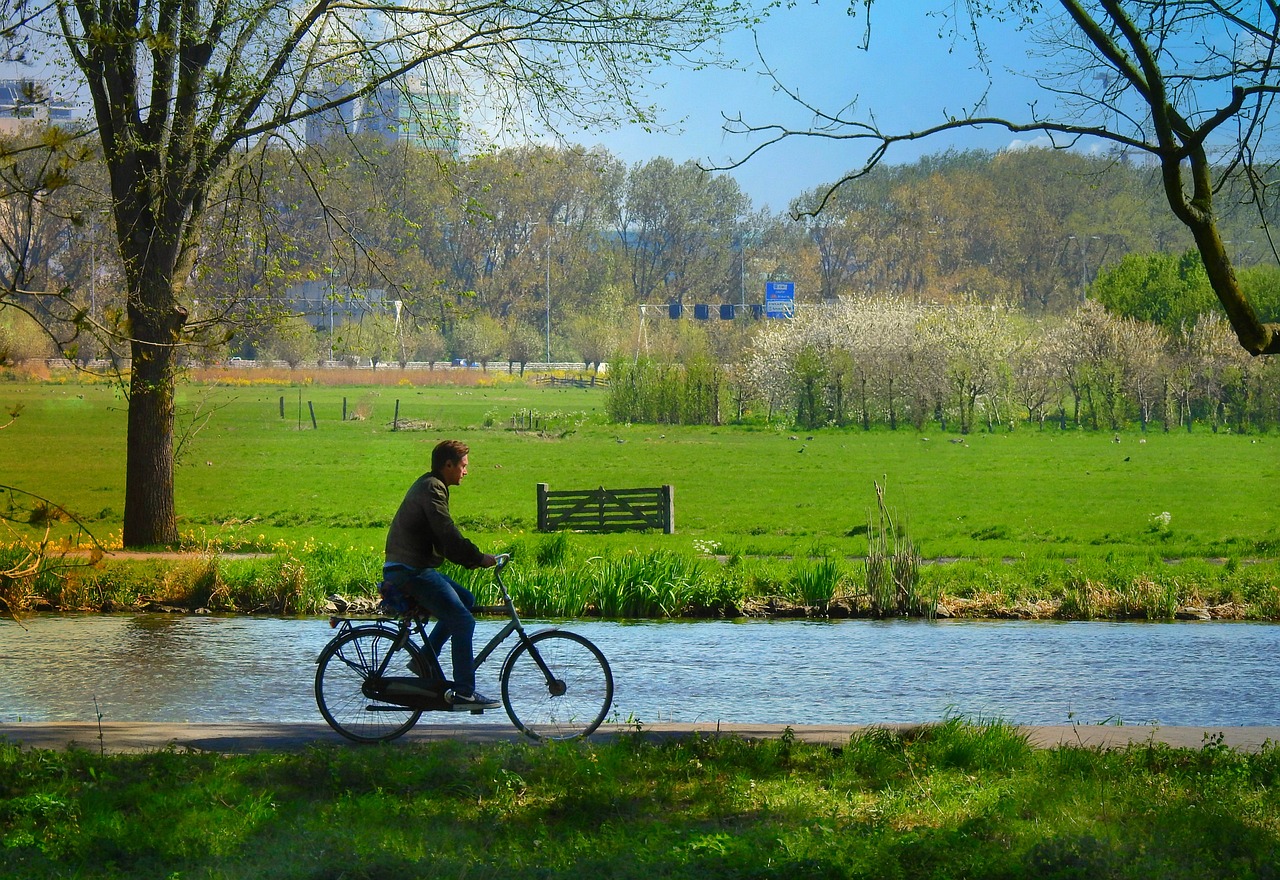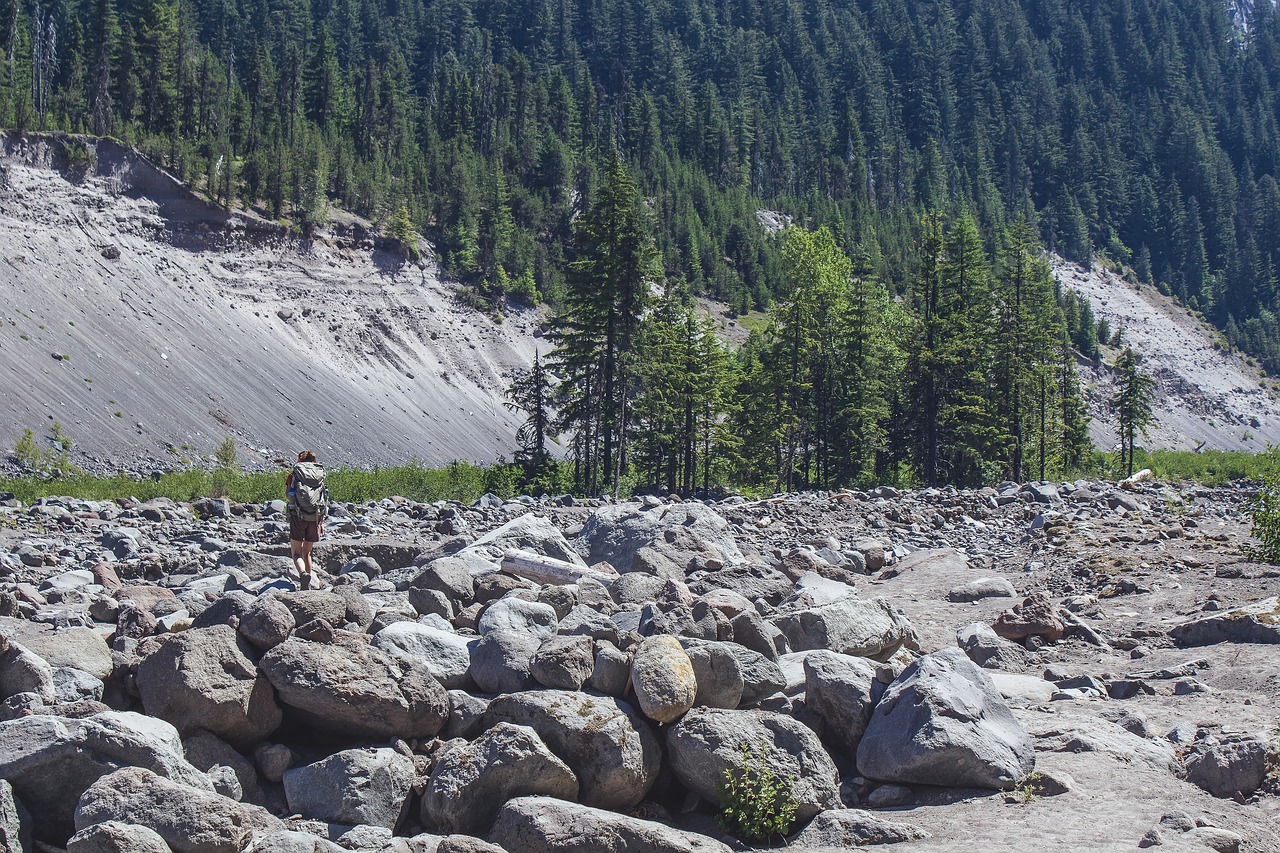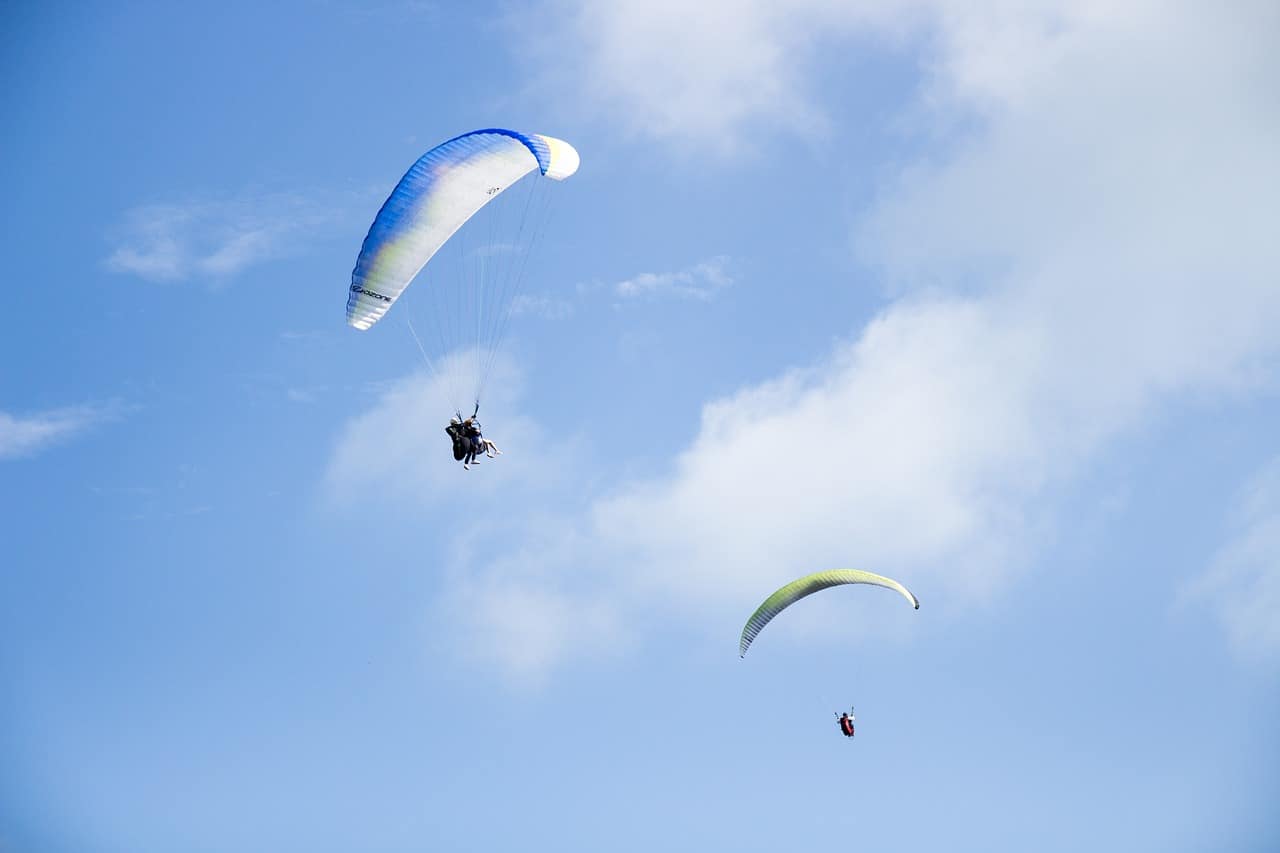There is something deeply refreshing and empowering about spending time outdoors alone. Whether you’re seeking a break from the demands of daily life, hoping to reconnect with nature, or simply enjoying your own company, outdoor activities provide the perfect backdrop for self-reflection and adventure. From hiking rugged trails to exploring serene lakesides, there are a variety of solo outdoor activities that can help you recharge, challenge yourself, and enjoy peace and solitude in nature.
In this article, we’ll explore some of the best outdoor activities to do alone, highlighting the benefits of each, and providing helpful tips to make your solo adventure both enjoyable and fulfilling.

1. Hiking: Embrace the Freedom of the Trails
Hiking is one of the most popular outdoor activities to enjoy alone. The simplicity and versatility of hiking make it ideal for a solo outing. Whether you’re walking a short nature trail or summiting a challenging mountain, hiking allows you to connect deeply with nature and clear your mind.
Why Hike Alone?
- Self-Paced Exploration: Hiking alone gives you the freedom to set your own pace. You can stop whenever you want, explore hidden paths, and enjoy the surroundings without worrying about keeping up with others.
- Personal Reflection: Solo hikes offer ample time for personal reflection. Many people find that being on the trail alone is an excellent opportunity to process thoughts, gain clarity, or even discover new perspectives.
- Sense of Accomplishment: Completing a solo hike—whether short or long—gives you a profound sense of accomplishment and independence.
Where to Go:
- National Parks: Parks like Yellowstone or Zion offer well-maintained trails that are perfect for solo hikers of varying skill levels.
- Local Trails: Many cities and towns have nature reserves, forested parks, and countryside trails that can be explored alone, such as the Appalachian Trail in the Eastern U.S. or California’s Yosemite National Park.
2. Cycling: Pedal Your Way to Solo Adventure
Cycling is an excellent solo activity that allows you to cover more ground than walking while still enjoying the outdoors at your own pace. Whether you’re cycling through your local park, exploring nearby neighborhoods, or embarking on a longer road trip, biking is an accessible way to engage with the outdoors.
Why Cycle Alone?
- Flexibility and Freedom: Cycling alone lets you follow your own route, stop at interesting places, and take breaks whenever you need.
- Physical Challenge: Cycling provides great cardiovascular exercise and helps build leg strength. It’s also an activity that challenges your stamina and endurance, allowing you to set personal goals.
- Stress Relief: Being on your bike, surrounded by nature, allows for great mental clarity and stress relief. The rhythmic motion of pedaling can be meditative, providing a mental break from daily stress.
Where to Ride:
- Paved Trails: Many cities have dedicated cycling paths or bike lanes. These can be ideal for solo riders looking for a peaceful ride without too many interruptions.
- Mountain Biking: For those who prefer a more adventurous solo activity, mountain biking on rugged trails can offer a thrilling experience. Just be sure to check trail conditions and difficulty levels beforehand.
3. Camping: Reconnect with Nature Under the Stars
Camping alone can be a deeply peaceful and rejuvenating experience. It offers you the opportunity to disconnect from technology and the outside world while fully immersing yourself in nature. Whether you opt for a backcountry camping trip or stay at a nearby campground, camping alone is a powerful way to find solitude and recharge.
Why Camp Alone?
- Independence: Setting up camp, cooking your meals, and managing your environment gives you a sense of self-sufficiency and accomplishment.
- Peace and Quiet: The solitude of a solo camping trip allows you to truly unwind and relax, free from distractions. You can read, write, meditate, or simply enjoy the sounds of nature.
- Personal Growth: Solo camping can be a confidence-building experience. You’ll learn how to handle unexpected challenges and make decisions on your own, all while being surrounded by nature.
Where to Camp:
- National Forests and State Parks: Many parks and forests have designated campsites, including primitive sites for those looking for a more rustic experience.
- Backcountry Camping: For the more adventurous, backcountry camping offers complete isolation. Just make sure to have the necessary skills and gear, and always inform someone of your plans for safety.
4. Photography: Capture the Beauty of the Outdoors
Photography is a great way to explore the outdoors alone, as it encourages mindfulness and allows you to see the world from a different perspective. Whether you’re shooting landscapes, wildlife, or small details, photography helps you develop an appreciation for the beauty of nature.
Why Photograph Alone?
- Focus on the Details: When you’re alone, you can take your time to carefully observe your surroundings and capture images that may go unnoticed in a group.
- Creative Expression: Photography is a creative outlet that allows you to express how you perceive the world. Solo outings provide the space and freedom to experiment with your photography style.
- Mindfulness: Photography requires focus and attention to detail, making it an ideal way to stay present and engaged with the natural world around you.
Where to Go:
- Nature Reserves and Parks: Local parks and nature reserves offer a variety of subjects for photography, from sweeping landscapes to intimate details of plants and animals.
- Wildlife Sanctuaries: Many sanctuaries offer opportunities for wildlife photography, where you can capture images of animals in their natural habitat.
5. Fishing: Enjoy the Serenity of Quiet Waters
Fishing is another fantastic solo outdoor activity that combines relaxation with a sense of accomplishment. Whether you’re fly fishing in a mountain stream or casting a line in a local lake, fishing allows you to slow down, enjoy the serenity of the water, and connect with nature.
Why Fish Alone?
- Relaxation: The peaceful nature of fishing—combined with the rhythm of casting and waiting—can be incredibly relaxing and meditative.
- Self-Reliance: Fishing solo challenges you to learn and refine your skills without relying on others. You become more attuned to the patterns of nature and the needs of the fish.
- Time for Reflection: Fishing alone gives you the space to think and reflect, often leading to a deeper connection with both nature and your inner thoughts.
Where to Fish:
- Rivers and Streams: For those who enjoy the challenge of fly fishing, rivers and streams in mountainous regions offer ample opportunity.
- Lakes and Ponds: For a more relaxing experience, lakes and ponds provide ideal spots for casting a line, especially in the early morning or late evening.
6. Running or Jogging: Hit the Pavement Alone
Running or jogging is a solitary outdoor activity that can be done almost anywhere. Whether you’re running through a park, along a trail, or on the beach, running provides an excellent way to explore your surroundings while staying fit.
Why Run Alone?
- Mental Clarity: Running solo allows you to clear your mind, process your thoughts, and focus on your physical sensations without distraction.
- Endurance and Fitness: Running regularly builds endurance, boosts cardiovascular health, and helps with weight management.
- Flexibility: You can run whenever and wherever you want, making it one of the most flexible and convenient solo outdoor activities.
Where to Run:
- Local Parks or Trails: Many parks offer paved or dirt trails, providing a pleasant, scenic environment for running.
- Urban or Coastal Routes: Running along the coast, through city streets, or even along riverbanks can be invigorating, with plenty of varied sights to keep you engaged.
7. Rock Climbing: Challenge Yourself in Nature
For those looking for a bit of an adrenaline rush, rock climbing is an exciting solo outdoor activity that can be done either outdoors or in a climbing gym. Whether you prefer bouldering or roped climbing, rock climbing offers both physical and mental challenges.
Why Climb Alone?
- Personal Growth: Rock climbing tests both your physical and mental strength. Solo climbing allows you to focus on your technique and personal growth without distractions.
- Focus and Problem-Solving: Climbing requires intense focus and problem-solving skills, making it a great way to engage with nature and push your limits.
- Sense of Accomplishment: Reaching the summit or completing a challenging route brings a deep sense of achievement.
Where to Climb:
- Local Climbing Areas: Many cities have climbing walls and outdoor climbing areas that offer routes for beginners and experts alike.
- National Parks: Some national parks, like Joshua Tree or Yosemite, have world-famous climbing spots.
8. Stargazing: Marvel at the Night Sky
Stargazing is a quiet, reflective solo activity that can be incredibly rewarding, especially in areas away from the light pollution of urban centers. Lying back and gazing at the stars allows you to connect with the universe in a way that is deeply grounding and awe-inspiring.
Why Stargaze Alone?
- Peaceful Experience: Stargazing is peaceful and meditative, providing a break from the hustle and bustle of daily life.
- Connection to Nature: The vastness of the night sky can give you a sense of connection to the larger universe and a feeling of calm.
- Solitude and Reflection: Stargazing alone offers solitude and space for deep reflection, helping you put things into perspective.
Where to Stargaze:
- Remote Locations: Seek out national parks, rural areas, or mountaintops for the clearest views of the night sky.
- Dark Sky Parks: Some
parks, such as Grand Canyon National Park and Acadia National Park, are designated as Dark Sky Parks, offering some of the best stargazing opportunities in the U.S.
Conclusion: Embrace the Outdoors, Alone
Engaging in outdoor activities alone allows you to truly disconnect, recharge, and connect with nature in ways that can’t be replicated in a group setting. Whether you’re hiking through forests, cycling across the countryside, or fishing in a quiet stream, solo outdoor adventures offer immense personal benefits—physical, mental, and emotional.
By embracing solitude and exploring the natural world at your own pace, you’ll discover a sense of independence, peace, and accomplishment that can only be found outdoors. So, step outside and take the time to appreciate the beauty that awaits you—alone.






